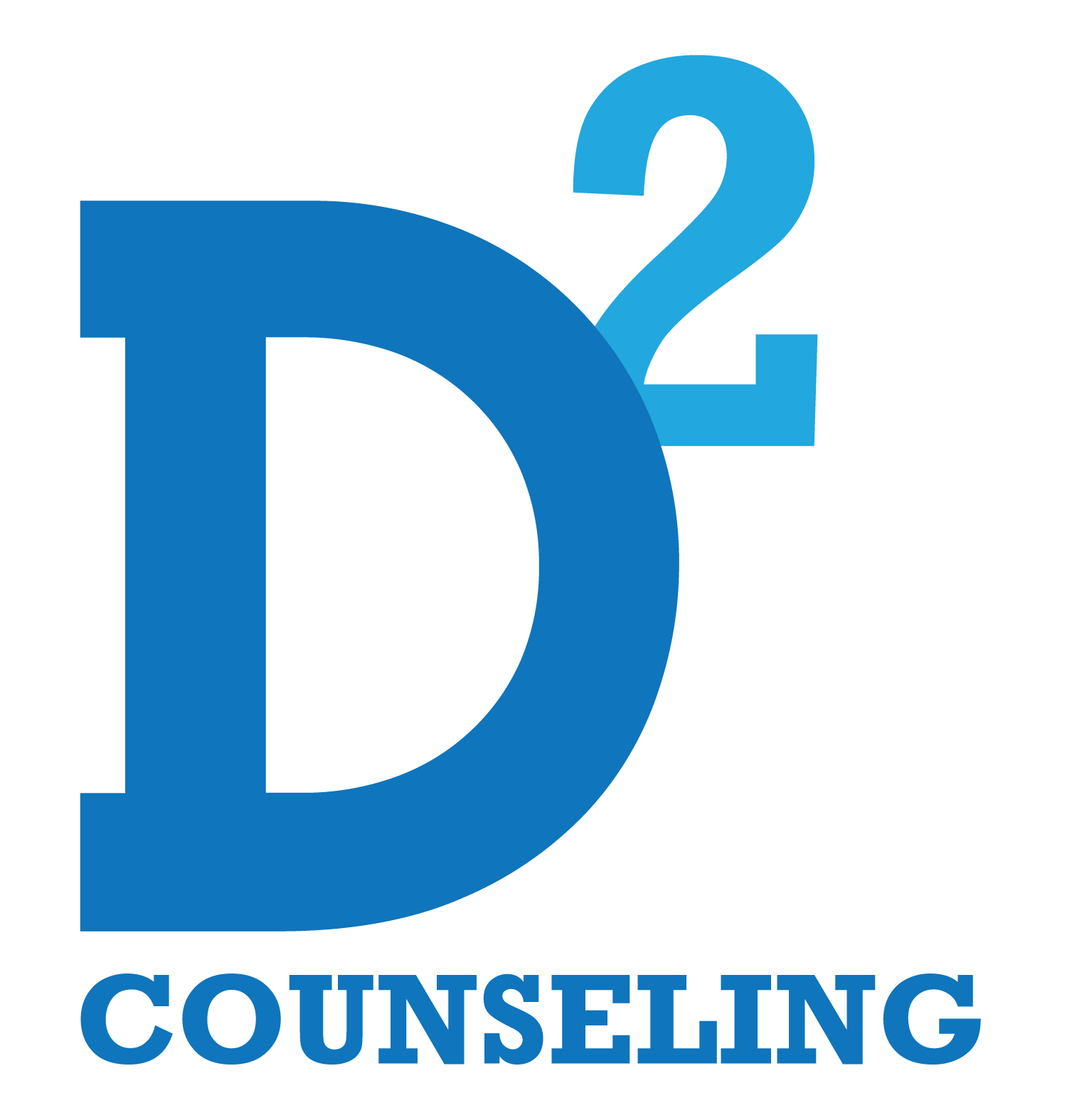“If he cared about me, he would just know what to do.” “If she loved me, she would know what I liked.” “If I must ask for it, it means it is not sincere when they do it. I want him/her to do it without me having to ask.” All three of these statements come out of the realm of romantic fantasy. All three rely on mindreading and are recipes guaranteed to add to our relationship frustrations, yet they are common beliefs. From The Notebook to any given copy of Cosmo we have all been set up to believe that somehow other people (especially those closest to us) are supposed to be able to “just know” what we like and what we need. And so, in this belief, we never learn to ask to get our needs met.
In the last Shrek movie, there is a scene where all the characters that missed out on their “happily ever after” ending, congregate at the bar to commiserate. Now, I am not sure we have to go to that extreme, but honestly, the characters in that scene were more real than the rest of what Hollywood would have us believe. Sleeping Beauty was lying unconscious until the magic kiss, when suddenly; all her needs were met. But wait, thirty seconds earlier, she didn’t even know what her needs were! I love a good story, but as a therapist I am here to testify that over time we as a culture have developed some unrealistic expectations about how others are to relate to us.
Ultimately, it is our responsibility to get our own needs met. It is perfectly acceptable to ask for help in getting them met, and it is okay for others to say no. The last three sentences are often fraught with misunderstanding. The point is, if we are going to hand over the responsibility for our happiness (or any of our wants or needs) to other people we lose the ability to meet our own needs and we turn into victims “Oh why won’t they do this for me?” becomes our mantra and we blame others for our circumstance. The way through this is to realize first that we are not victims, we are volunteers. We must take responsibility for our own actions and our own needs. I will say again, it is our responsibility to get our own needs met, and, we are allowed to ask for help from others to get them met.
I was teaching an intimacy class one time to 8-10 couples. The class was named “Frisky Business,” and we were discussing this very idea. Now these couples had been married anywhere from 18 months to 24 years, so it was quite a mix. I had everyone take out a sheet of paper and asked them to write down 10 things their spouse could do for them that helps them feel that they were loved and appreciated in the relationship. (Whenever I do this exercise with couples, I have to set three parameters. The ten things cannot include chores, tv or sex. Otherwise I get back: “do the dishes for me,” “leave me alone when the game is on,” and “do this particular thing in bed for me.”) So, they began the exercise. It went fine for a minute or two, but then I began noticing that people weren’t writing. Everyone had two or three written down, but their enthusiasm for the exercise was falling off fast. After another minute or so people were flat out trying to copy from other papers to look busy. But wait, I had asked them to write me a list of what their significant other could do for them to make them feel special. If we cannot define this for ourselves, how in the world are others supposed to contribute? How are they supposed to magically know what we need when we aren’t’ even sure ourselves?
So, I offer to you that our first step in getting our needs met is to be able to identify what they are. This is not as easy as it sounds, most of us focus on how we want to feel rather than focusing on what we need. We can get better at it however and the reward is that we get to quit placing unrealistic expectations on those around us and we get to give up the resentment we hold over others when we don’t feel what we want to feel. As I begin to work with clients on this process I steal a concept from the YMCA. They have a visual motto that has Mind-Body-Spirit at the points of a triangle. This is a useful model to examine what you need in these areas to stay balanced. Take out a piece of paper, make three columns and start writing. As you develop your list, start a discussion with your significant other or a friend to start getting feedback and perspective about this balance we all need and seek.
Erma Bombeck, a practical humorist, once wrote to her sisters on Valentine’s Day. She said something to the effect, “Ladies, if you didn’t get what you wanted today it is because you didn’t circle it in the paper and put it on his plate yesterday.” She was a favorite author of mine and came from a different time in our culture, but her point is valid. For us (male or female) to have expectations about how others are treating us, without us participating in the process, is inviting disaster in the relationship.
Figure out what you need and learn to ask for it. Take responsibility for your own feelings, for your own peace and your own happiness.




